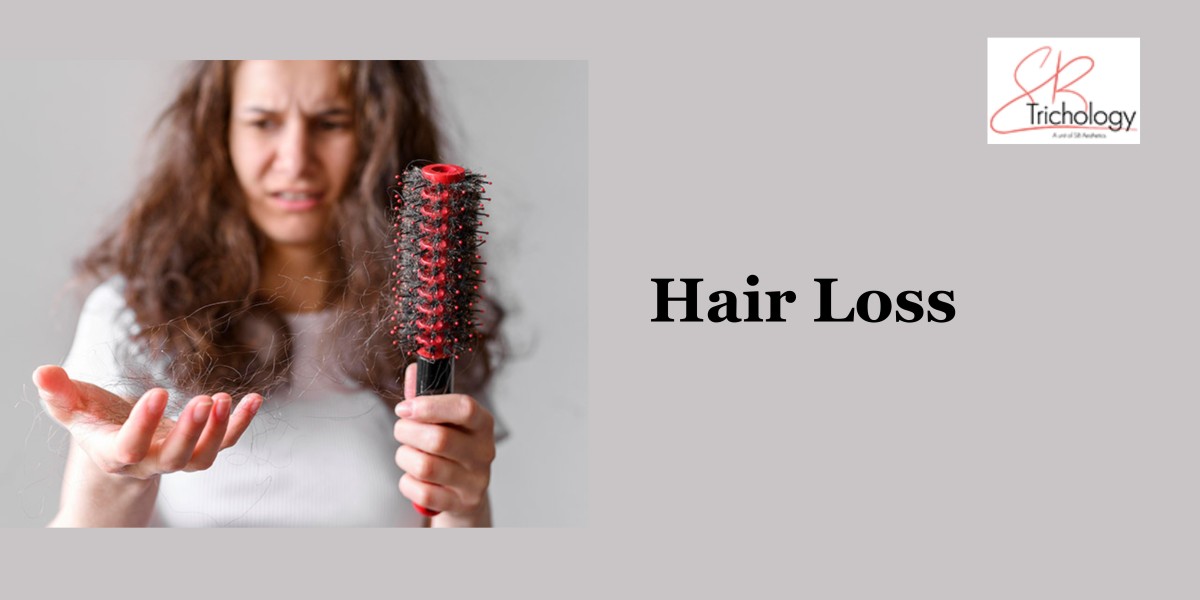The condition known as Female Pattern Hair Loss (FPHL) is prevalent and causes a progressive thinning of hair on the top and sides of the head. It is essential to identify the symptoms and phases of FPHL in order to provide appropriate treatment and rebuild confidence in women. Usually, female-pattern baldness begins after menopause. Hormonal changes, due to various reasons, contribute on a large level when it comes to hair loss in women.
In this blog, we will explore how hormones influence hair loss. To make this post enriching, we have gathered insights from Dr. Shilpi Bhadani, a renowned cosmetic and plastic surgeon for treating female pattern hair loss in Gurgaon. Keep reading to learn more.
Hormones That Causes Hair Loss
The hormones that cause hair loss are:
- Estrogen
Estrogen production in women dramatically decreases during menopause and following childbirth. The sudden drop in estrogen forces the hair follicles into a resting phase. This leads to the abrupt loss of a significant portion of the hair. In a typical hair growth cycle, 10–15% of your hair follicles are in a resting phase at any given moment. As a result, a tiny amount of hair falls out each day. However, there is a noticeable thinning of hair when there is a sudden drop in estrogen levels and many follicles enter a resting phase simultaneously.
- Androgen Imbalance
A small quantity of testosterone, another androgen, is produced naturally by women. For the health of their heart, muscles, bones, and reproductive system, they require a certain amount of testosterone. But women with disorders like PCOS (polycystic ovarian syndrome) have higher-than-normal testosterone levels. Some women experience thinning throughout their scalp and hair loss at the hairline due to high testosterone levels.
- Thyroid Hormones
Thyroid hormones play a variety of vital functions, one of which is promoting and maintaining the health of hair follicles. Hair follicles are forced to enter the resting stage too early by an imbalance in thyroid hormones, whether it is too high or too low. Both men and women can experience up to 70% hair loss on their scalps over two months due to telogen effluvium.
- Insulin
Women with high insulin levels (often brought on by diabetes and insulin resistance) also have high testosterone levels. This causes the same type of hair loss as in women with PCOS.
- Cortisol
When one is stressed, the cortisol levels rise; when they unwind, they go back to normal. When stress starts to bother an individual frequently or continuously, their cortisol stays elevated above normal. Hair loss is just one of the many negative health effects of high cortisol. Excessive levels of cortisol cause the hair follicles to enter an extended resting phase, which stops them from growing back and regenerating.
Conclusion
Hair loss in women can be caused by various hormonal changes like estrogen, androgens (apart from DHT), thyroid hormones, insulin, and cortisol.
One suffering from hair loss and doubting that it might be a result of hormonal imbalances should consult a hair doctor. One can consult Dr. Shilpi Bhadani, the best hair transplant surgeon in Gurgaon, at SB Trichology for more details. She thoroughly examines her patients to ascertain the stage of FPHL and the pattern of hair loss before recommending the most appropriate course of action. Equipped with this knowledge, Dr. Shilpi suggests an individualised treatment regimen designed to rebuild her patients' confidence in addition to their hair.
Visit SB Trichology, to get more details.








